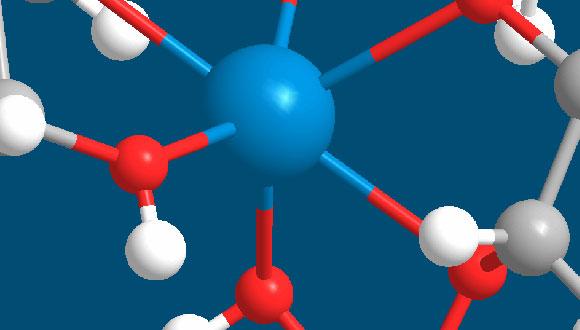Organic Chemistry Seminar: Chemical Information Exchange as a Regulator of War and Love Between Species
Prof. Michael Meijler, BGU
Abstract:
Life on earth is heavily based on chemical communication between cells. Quorum sensing enables unicellular organisms to coordinate their behavior and function in such a way that they can adapt to changing environments and compete, as well as coexist, with multicellular organisms. Prime examples of this phenomenon are displayed by the opportunistic pathogens Pseudomonas aeruginosa and Agrobacterium tumefaciens, which cause disease in immunocompromised humans and plants, respectively. Quorum sensing in these pathogens is mediated by small amphiphilic signaling molecules such as 3-oxo-C12-HSL and 3-oxo-C8-HSL, leading to biofilm formation and secretion of virulence factors. The Meijler group is targeting QS in various pathogens with several chemical tools, such as a set of electrophilic probes that are designed to bind QS receptors covalently, leading to inhibition of QS regulated gene expression. These probes are used as molecular tools to obtain new insights into the mechanisms of activation and deactivation of bacterial quorum sensing, as well as plant hormone signaling.
Furthermore, it was recently found that certain QS molecules and other natural products can also directly affect the behavior of other bacterial species as well as that of eukaryotes. Diverse eukaryotes have been found to react strongly to the presence of these compounds (often initiating counter-warfare to jam bacterial communication), however, to date no eukaryotic receptor has been identified that specifically binds bacterial QS molecules. The Meijler group has synthesized and used a set of `tag-free` probes to isolate and identify for the first time such receptors.
Seminar Organizer: Dr. Roman Dobrovetsky


